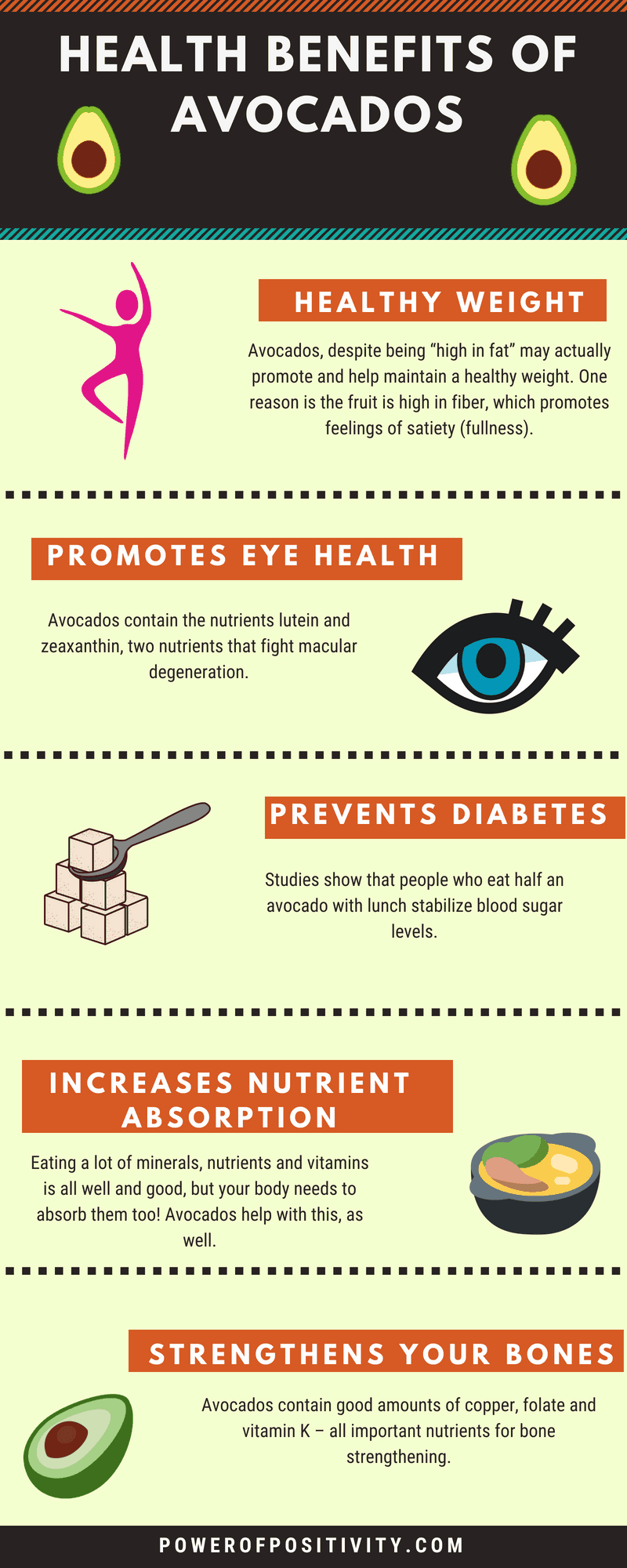Over centuries, our amazing brain has evolved to make decisions and respond quickly to threats for our safety and survival. When we stress, worry or have negative thinking, we trick our brains into believing that there is an immediate threat. As a result, our fight or flight response kicks in to deal with the event.
Our brains are pre-wired to respond to negative thoughts and feelings more quickly. When we think positively, our brain assumes that everything is under control and no action is needed.
But, we have to ask ourselves, how much of the stress, worry and negative thoughts we think today are actually life threatening? Recent studies show that psychological stress is causing an overuse of this powerful safety system, weakening our immune system and causing disease to set into our body. Yikes, negative thinking is causing more harm to our bodies and brain than we realize.
How Negative Thinking Affects Your Brain
A study in the Journal of Clinical Psychology studied the effects of worrying on performing a task. Subjects were required to sort things into two categories. People who reported that they worry 50% of the time or more showed a significant disruption in their ability to sort objects as the difficulty of the sorting task increased.
In a follow up study, researchers found they were able to show that demonstrated that the disruption was a result of increased levels of negative thoughts. When the brain is faced with complex tasks, negative thinking hurts your ability to process information and think clearly.
If the researchers are correct, thinking negatively about your problems not only doesn’t help solve anything, it actually makes it harder for you to think of a helpful solution. You can read more about how thinking positively affects your brain health here.
Amygdala, Memory and Negative Thinking
If you have a tendency to over-react to stress, it could be due to changes in your brain brought on by negative thinking. Negative experiences are stored in the brain by the amygdala. The amygdala is also responsible for the brain’s fight or flight response. The prefrontal cortex regulates our response to stressors.
Someone who is faced with a stressful situation like being in a traffic jam normally assesses the level of threat to their safety and concludes that the threat is less than the annoyance factor and talks themselves through relaxing until it is over.
In contrast, someone who has been previously exposed to stress that was life-threatening and is suffering from PTSD might see the traffic jam as a threat to their safety and respond as if they are under attack. They lack the ability to distinguish between the true threat and the perceived stress and over-react.
How The Thalamus Perceives Stress
The thalamus is responsible to sending sensory and motor signals to the rest of the body but it does not understand that negative thoughts aren’t the same as real danger. When you think negative thoughts, the thalamus assumes that it needs to prepare the body to flee. As a result, our bodies experience real stress symptoms of rapid heartbeat, elevated blood pressure, and a state of heightened arousal.
Imagine just sitting quietly and suddenly having the physical symptoms of fear. You can sense your heart rate increase, your breathing increases, you perspire, and your blood pressure goes up. You start looking for the cause of the symptoms, but when there is no rational explanation for the fear response it is the thalamus causing you to have a panic attack.
Negative thoughts affect our brain by triggering this same stress response. Chronic stress affects the body physically and can have negative effects on our health and well-being.
How Stress and Negative Thinking Changes Cortisol
Stress from negative thinking creates changes in the brain that may affect your likelihood of mental disorders such as anxiety, depression, ADHD, schizophrenia and mood disorders.
People who have Post Traumatic Stress Disorder (PTSD) have been shown to have abnormalities in their brains. The amount of grey matter versus white matter. The difference is that grey matter is where the information is processed by neurons whereas white matter is a fibrous network that connects the neurons. Chronic stress produces more white matter connections but fewer neurons.
The balance of grey matter and white matter in the brain is important for the timing of communication in the brain. It is believed that the disruption in connections affects both your mood and your memories of the associations with that mood.
The problem is that our brains are good at learning from bad experiences but bad at learning from good experiences. According to Dr. Rick Hanson, creator of The Taking in The Good Course, a brain training program to use your mind to improve your happiness, says that people who completed a program of training themselves to replace negative thoughts with positive ones “experienced significantly less anxiety and depression, and significantly greater self-control, savoring, compassion, love, contentment, joy, gratitude, self-esteem, self-compassion, satisfaction with life, and overall happiness.”
Improving our brains by eliminating negative thinking is possible. Replacing negative thinking with positive thinking is like training your brain just like you would a dog. You give a dog a reward for good behavior and your brain is similar in that positive thoughts create pleasure in the brain, which is a reward. Once we feel pleasure, we want more of it, so give your brain positive thoughts and keep it on a steady diet of self-rewarding pleasure.
10 Ways to Replace Negative Thinking with Positivity
Are you tired of pessimism drawing more negative energy into your life? The good news is that you have the power to change your attitude. Here are ten helpful ways to trade those rainy days for a little more sunshine.
1. Become an Observer
You may be surprised when you flip the Golden Rule to the other side of the coin. How would others feel if you treated them like you treat yourself? For some reason, people are often more critical of themselves than others in the same situation.
Instead of being the object acted upon, try to imagine yourself as an observer. What would you tell a friend or loved one if they were in your shoes? This practice can help you get a different perspective that could be more optimistic.
2. Write in Your Journal
Journaling is an excellent way of giving voice to your thoughts and feelings. When you’re in the middle of a difficult decision or circumstances, your emotions are everywhere. Writing in your journal offers you the freedom to express yourself.
When you reflect back on your entries, you have more clarity. You may notice flaws in your reasonings or a pattern of negativity. Once you’ve identified this pattern, it’s often easier for you to change your attitude.
3. Practice Mindful Breathing
A study published by The National Library of Medicine concludes that daily mindful breathing exercises can help relieve anxiety. Per the article, just a few minutes each day or as needed may also increase positive feelings and affect. Mindful breathing allows you to slow down and bring your thoughts into focus.
Practice breathing whenever you feel overwhelmed with negativity and anxiety. Inhale deeply through your nostrils, hold for a couple of seconds, then slowly exhale through your lips. Imagine that you’re inhaling positivity and exhaling the negative thoughts with each healing breath.
4. Meditate Each Day
Meditation is an ancient practice that’s part of many spiritual traditions across the globe. You don’t have to adopt an aesthetic lifestyle or any particular religious sect to reap its benefits. Plus, you can meditate anywhere you can find a quiet spot to be alone for a bit.
When you meditate, you become more aware of your thoughts. You acknowledge the negative ones without judgment and let them pass. Meditation combines mindful breathing and visualization that can boost your positive energy.
5. Re-Evaluate Your Beliefs
If you’re stuck in a negative mindset, your pessimistic thoughts may not be based on reality. For example, you may resist applying for a management position because you don’t feel smart enough. Maybe you’ve sabotaged your life by believing you aren’t attractive, successful, worthy, etc.
Consider breaking through the pessimism by re-evaluating what you believe about yourself and your situation. Ask yourself if these “not enough” statements are true, or an unfair assessment based on fear? The more honest with yourself, the more confidently you can discard false beliefs that only hinder you.
6. Use the Law of Attraction
When you plant corn, you can’t expect to harvest wheat. It’s a practical example of reaping what you sow. According to the law of attraction, whatever affirmations you send into the Universe will return to you in kind.
If you spend your days constantly spewing negativity into the Universe, it’s little wonder that you continue to get negative results. You can receive more blessings by changing your attitude and speaking positive affirmations.
7. Talk to a Friend
Let’s face it, there are some days that you don’t feel like getting out of bed. The sky is falling, and you’ve just been hit with a storm cloud. The voice in your head is like a continual loop of gloom and doom.
Instead of hiding under a mound of blankets, reach out to a trusted friend or loved one. They may not offer any earth-changing solutions, but they can actively listen with compassion. Call, text, or better yet, spend some face-to-face time.
8. Adopt a Healthier Lifestyle
When your body is strong and healthy, it complements the delicate balance of your body, mind, and spirit. You’re more apt to have a positive outlook and minimal negativity. On the other hand, neglecting your physical health can impact your attitude on a mental and spiritual level.
If you don’t already, try to enjoy a balanced diet of whole, nutritious foods. Get off the couch and move your body to be more physically fit. A healthy body and a positive attitude go hand in hand.
9. Practice Yoga
Yoga is an ancient practice that is physical, mental, and spiritual. It incorporates mindful breathing with body poses to boost focus, flexibility, and strength. This practice can also help you minimize negative energy.
According to an article published by Harvard Medical School, practicing yoga may increase your feelings of well-being. You may have more energy and strength to accomplish more. As you see each small success in your life, it encourages you to set higher goals.
10. Surround Yourself with Positive People
Do you remember the old saying that a rotten apple can ruin the whole basket? Likewise, rubbing shoulders too often with negative personalities can affect you. Soon, you may catch yourself repeating the same gripes and grumblings of the pessimist person.
Instead, try to surround yourself with positive, upbeat people. They can still see the good in everything and encourage you too also. Their positive attitude will rub off on you, and you’ll attract more positivity to your life.

Final Thoughts on Ways to Replace Negative Thinking with Positivity
Although you’ll always have stress and obstacles in your life, they don’t have to define your mindset. As you learn to replace pessimistic thinking with optimism, your life can be more abundant and fulfilling. You will have the occasional storms, but your positive outlook becomes your umbrella.













